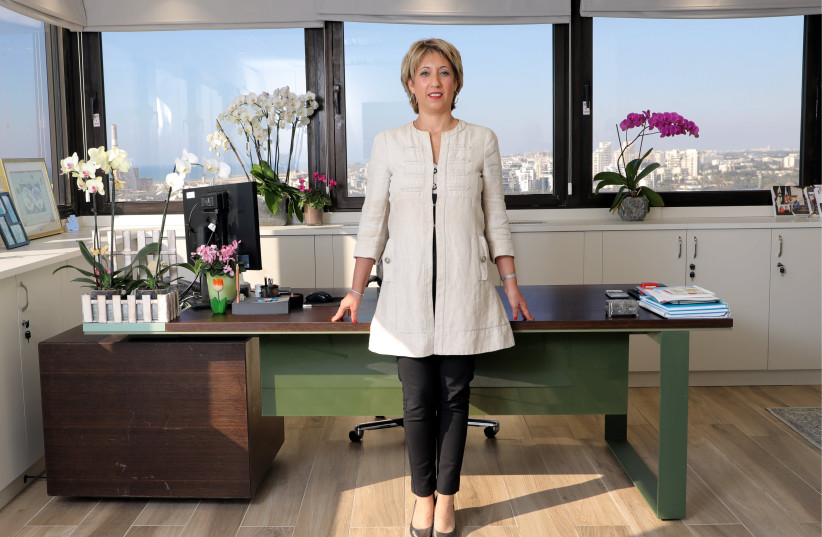Israel must increase its investment in the health system and medical care within the community, Meuhedet Health Services CEO Sigal Regev Rosenberg said at The Jerusalem Post Leaders’ Conference yesterday.
Regev Rosenberg, who will step down from her position in December, said that on the one hand, the state of the health system is good, but on the other, it is worrying.
“There is no international model today to properly assess the functioning of the health system,” she said.
“There are metrics such as the number of beds and the number of doctors per 1,000 patients, but this does not always give the whole picture,” Meuhedet’s CEO pointed out.
“For example, in Israel, life expectancy is 84 years. From age 65, on average, citizens have another 11 years of good health with the ability to function effectively and be an active part of society. This is not a particularly high figure compared to the OECD countries. No one wants to live ten years or more in a wheelchair or bedridden. People want to live in good health.”

Most citizens don't encounter problems in medical system
Regev Rosenberg noted that most citizens do not encounter problems in the medical system as long as they utilize primary health services, such as a family doctor or a consulting physician.
“The problems begin when patients begin to experience complex chronic medical issues, and then they fall between the cracks,” she said.
“The system cannot provide the necessary care, and they move from doctor to doctor, sometimes from the public sector to the private sector, and you get to the point where doctors don’t know the medical history of the patients they are treating. Not only is the patient frustrated and lost in the system, but it also costs the system much more money.”
Regev Rosenberg said that one of the solutions to the problem is more synergy and partnership between the various medical organizations.
“There is no reason for an old woman to lie in a bed in a hospital hallway in Israel. There are solutions today for hospitalization within the community,” she said.
“The problem is that these solutions are not budgeted properly. The medical funds do not receive the necessary budgets in order to continue developing home hospitalization. Once the regulator understands that it is important to invest in the medical care provided in the community – including the ability to monitor, measure and treat the patient at home – we will be able to offer more accurate and meaningful solutions tailored to the patient’s needs.”
The health fund leader pointed out that Israel’s population is aging, which is a significant challenge to the system, considering the shortage of hospitals and rehabilitation institutes, particularly in the periphery.
“We have a shortage of infrastructure,” she said. “The solution must be an additional budget allocation for the health funds so that we can strengthen the health system and provide a response where it is most needed. This also includes human capital,” Regev Rosenberg said.
“It’s no secret that there is a severe shortage of doctors and nurses, and the existing teams are worn out after two years of dealing with the coronavirus. We must increase the number of medical students, and the system must be budgeted appropriately,” she said.
“We can be the world’s leading country in healthcare if we learn to invest the necessary resources in the right places.”
Translated by Alan Rosenbaum.
